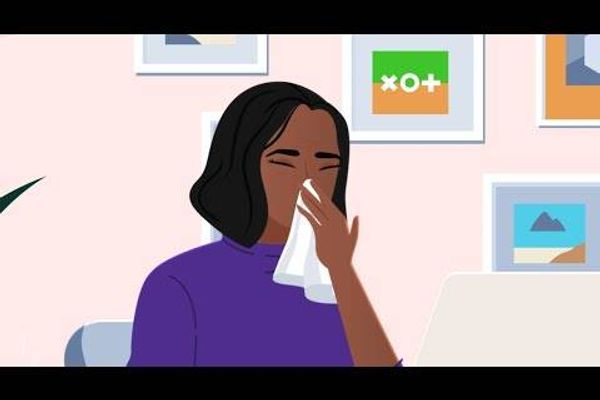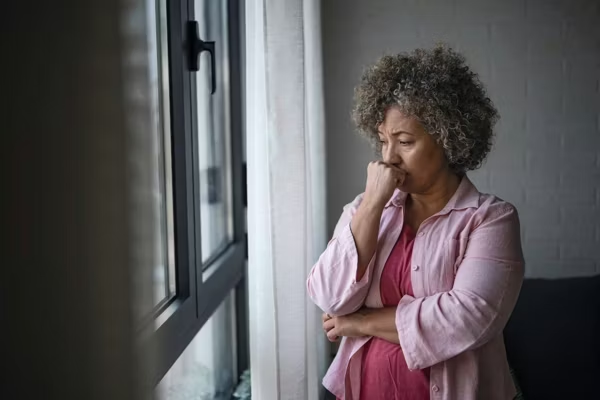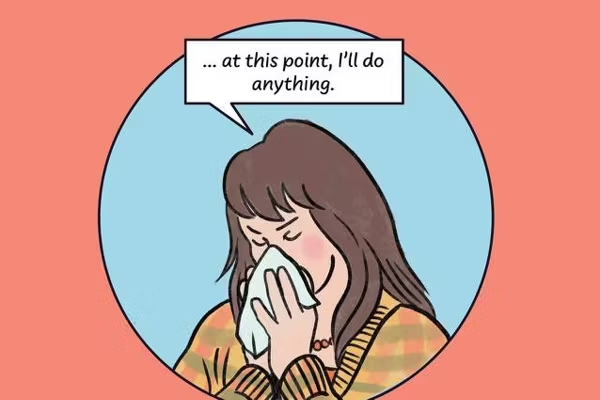In recognition of Pain Awareness Month, I am reflecting on what I learned from women and men living with chronic pain at a public meeting in June hosted by the Food and Drug Administration (FDA) on Patient-Focused Drug Development for Chronic Pain. What I heard was heartbreaking. Many of these patients have been in pain for more than 10 years; some of their experiences with pain began in childhood. They described pain in all its dimensions: throbbing, tingling, burning, stabbing, and aching symptoms, with muscular and nerve-related pain as their most common sources of pain.
The FDA periodically hosts these public forums to hear directly from patients and their families about the impact of specific diseases and conditions – in this case, adult and pediatric patient perspectives on the impact chronic pain has on their lives, their views on treatment approaches for chronic pain and the challenges or barriers they face in accessing treatment. For this meeting, the FDA was particularly interest in hearing from patients who experience chronic pain managed with opioids, acetaminophen, nonsteroidal anti-inflammatory drugs (NSAIDs), antidepressants; other medications; and non-pharmacologic interventions or therapies.
More than 100 million Americans suffer from chronic pain — according to the American Academy of Pain Medicine chronic pain affects more Americans than diabetes, heart disease and cancer combined. Women are more likely than men to have chronic pain—including lower back pain, osteoarthritis, irritable bowel disorder and migraine, among others. Chronic pain management is one of HealthyWomen's strategic policy priorities, as is opioid use disorder and treatment. HealthyWomen also is focused on raising awareness about the biological differences in how pain affects women, and women's response to pain management, which can also differ from men's. I was pleased to attend this meeting to hear from patients directly affected by these issues.
At the FDA meeting, two panels of eight patients shared their experiences. Women talked about intolerable pain that left them unable to leave their rooms or unable to drive or take care of their children. They spoke of losing their lives to pain. They described a good day as being able to stand or being able to think clearly without being overwhelmed by unremitting pain. One woman couldn't eat without experiencing pain, another could not go out in the sun without pain. They also described living with depression and, in some cases, with suicidal thoughts, in addition to their chronic pain. I hadn't heard of many of these pain conditions. With every story came more examples of misdiagnosed and under treated pain, and unnecessary obstacles to appropriate care. One of the worst encounters for most of these individuals was that their doctors failed to take their pain symptoms seriously. The issue that most shocked me the most, however, given the devastating effects pain had on these individuals, was how hard it has become for many of them to access pain medication.
Opioid medications are safe and effective treatments for pain management when prescribed and used appropriately. The opioid epidemic has complicated access to appropriate pain management for people suffering from chronic pain symptoms. For example, according to patients on the FDA panel, a new doctor may refuse to prescribe opioid medication. Or, a person's geographic location or socioeconomic status can prevent her from finding a doctor willing to prescribe long-term opioid medicines. Some states, such as Washington, have legislation against over-prescribing. Most of these individuals have tried non-opioid alternatives without success and sometimes with serious side effects, like liver damage or bleeding. These patients feel maligned by the current dialogue about how to curb the opioid crisis and fear that access to their much-needed medications may be threatened.
As we move forward locally and nationally to create sensible and effective policies to combat the opioid epidemic, we need to ensure patients in dire need of opioids for chronic pain management and the doctors who treat them are supported, while we also work to extinguish illicit use and illegal trafficking of opioids.
HealthyWomen welcomes FDA Commissioner Scott Gottlieb's commitment to better understanding the challenges and barriers patients face accessing pain management and treatment—particularly long-term treatments for chronic pain, and for attempting to balance the interests for all concerned as we address the opioid epidemic.






